Home>Garden Essentials>How Long Does It Take For Alfalfa To Germinate
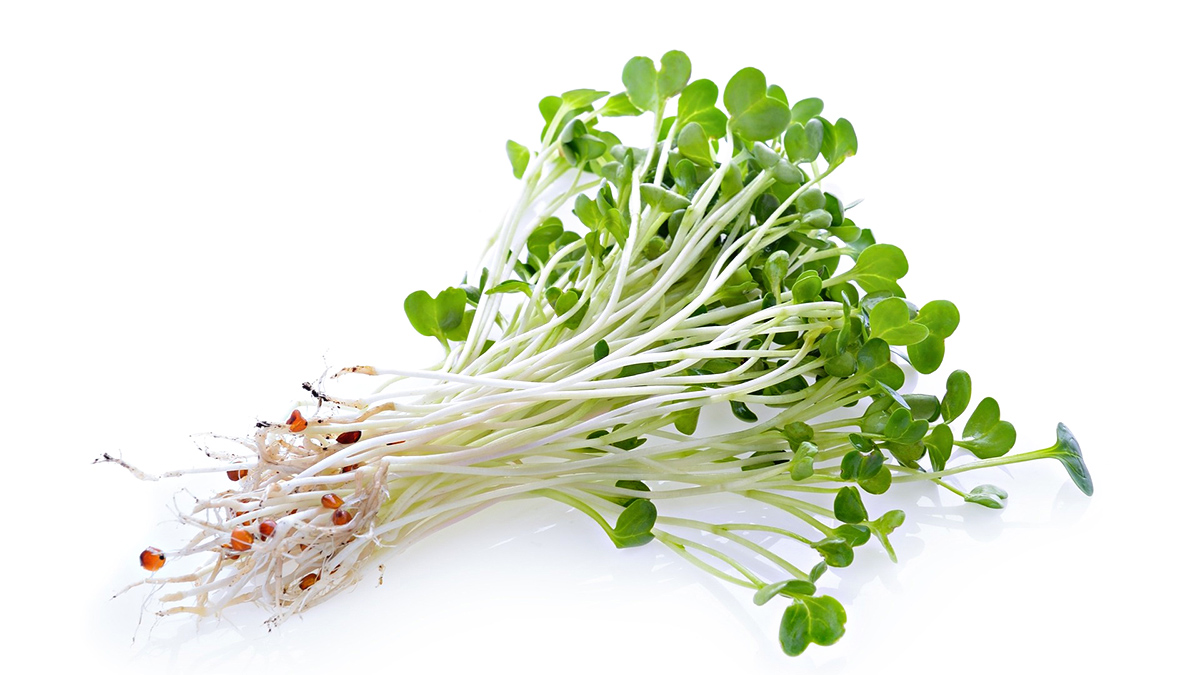

Garden Essentials
How Long Does It Take For Alfalfa To Germinate
Modified: September 1, 2024
Learn how long it takes for alfalfa to germinate in your garden. Get expert tips and advice on achieving successful germination for your alfalfa crop.
(Many of the links in this article redirect to a specific reviewed product. Your purchase of these products through affiliate links helps to generate commission for Storables.com, at no extra cost. Learn more)
Introduction
Welcome to the world of gardening! Whether you’re a seasoned gardening enthusiast or just starting out, one of the most exciting aspects of gardening is watching your plants grow from seeds. Seeds hold the power of life, and understanding the germination process is crucial to a successful garden. In this article, we will explore the germination time of alfalfa seeds and provide valuable insights on how to optimize their growth.
Alfalfa (Medicago sativa) is a leguminous plant that is commonly grown as a forage crop for livestock. It is also a popular choice for home gardeners who value its nutritional benefits and versatile usage. Alfalfa seeds have a unique germination process, influenced by various factors such as temperature, moisture, and soil composition.
Understanding these factors and creating ideal conditions for germination can significantly impact the success and speed of alfalfa seed germination. By implementing the right techniques and care, you can ensure a healthy and thriving crop of alfalfa in your garden.
In the following sections, we will delve deeper into the factors affecting germination time, the ideal conditions for alfalfa germination, the expected germination time for alfalfa seeds, and provide some useful tips for promoting germination. So, let’s get started on this exciting journey of alfalfa germination!
Key Takeaways:
- Alfalfa seeds typically germinate within 7 to 10 days in ideal conditions, but it can take up to 14 days. Factors like temperature, moisture, and seed quality influence the germination time.
- To promote alfalfa seed germination, soak the seeds before planting, maintain consistent moisture, and protect them from extreme temperatures and pests. Patience and regular monitoring are key for successful germination.
Read more: How Long Does It Take For Mint To Germinate?
Factors Affecting Germination Time
Several factors play a crucial role in determining the germination time of alfalfa seeds. Understanding these factors will help you create the optimal conditions for successful germination. Let’s explore some of the key factors:
- Temperature: Temperature is a critical factor that affects the germination rate of alfalfa seeds. Ideal temperatures for germination range between 65 to 75 degrees Fahrenheit (18 to 24 degrees Celsius). Cooler temperatures will slow down germination, while higher temperatures can hinder seed viability.
- Moisture: Adequate moisture is essential for successful germination. Alfalfa seeds require consistent moisture levels during the germination process. However, it is crucial to avoid overwatering, as excessive moisture can lead to seed rot or fungal diseases. Strike a balance by providing enough moisture without saturating the soil.
- Light: Unlike some seeds that require light for germination, alfalfa seeds prefer darkness. They germinate best when planted at a depth of 1/4 to 1/2 inch (0.6 to 1.3 cm) below the soil surface. This darkness helps stimulate the seeds’ natural germination process.
- Soil Composition: The quality and composition of the soil significantly impact germination. Alfalfa prefers well-draining soil with a neutral to slightly alkaline pH level (around 6.0 to 7.5). Soil that is too compacted or contains excessive clay may hinder proper root development and slow down germination.
- Weed Control: Weeds compete with alfalfa seeds for essential resources such as sunlight, water, and nutrients. To ensure optimal germination, it is crucial to remove any existing weeds in the planting area and implement effective weed control measures to prevent their growth during the germination process.
- Seed Quality: The quality and viability of the alfalfa seeds themselves also impact germination time. It is essential to choose high-quality seeds from a reputable source to maximize germination success. Conduct a seed viability test if you are unsure about the quality of the seeds.
By considering and optimizing these factors, you can significantly influence the germination time of your alfalfa seeds, setting the stage for a healthy and productive garden. Now that we understand the key factors let’s move on to exploring the ideal conditions for alfalfa germination.
Ideal Conditions for Germination
Creating the ideal conditions for germination is crucial to ensure the success and speed of alfalfa seed germination. By providing the optimal environment, you can enhance the germination rate and set your alfalfa plants up for healthy growth. Let’s explore the ideal conditions for germination:
- Temperature: As mentioned earlier, maintaining a temperature range of 65 to 75 degrees Fahrenheit (18 to 24 degrees Celsius) is ideal for alfalfa germination. Use a thermometer to monitor the temperature of the soil and ensure it remains within this range.
- Moisture: Adequate moisture is essential for germination. Begin by soaking the alfalfa seeds in water for about 12 hours before sowing. This process, known as priming, helps to kickstart germination. After priming, plant the seeds in well-draining soil and water them gently to maintain consistent moisture levels. Avoid overwatering, as it can lead to seed rot or fungal diseases.
- Light: Alfalfa seeds prefer darkness during germination. Plant the seeds at a depth of 1/4 to 1/2 inch (0.6 to 1.3 cm) below the soil surface to provide the necessary darkness. Once the seeds have germinated and sprouted, they will require sunlight for photosynthesis and further growth.
- Soil Composition: Prepare the soil before planting by ensuring it is well-draining and loose to encourage root development. Incorporate organic matter, such as compost or well-rotted manure, to improve soil fertility. Conduct a soil test to check the pH level and make adjustments if needed to maintain a neutral to slightly alkaline pH (around 6.0 to 7.5).
- Weed Control: Before planting, remove any existing weeds from the planting area to reduce competition and provide the alfalfa seeds with ample resources. Implement effective weed control measures to prevent new weed growth during the germination process.
- Protection from Pests: Take measures to protect the seeds and seedlings from pests, such as birds or rodents, which may dig up or consume the seeds. Consider using protective barriers or netting to safeguard your seeds until they have germinated and established.
By creating the optimal conditions for germination, you greatly increase the chances of successful and timely alfalfa seed germination. With these ideal conditions in mind, let’s move on to explore the expected germination time for alfalfa seeds.
Alfalfa seeds typically germinate within 5-7 days when planted in moist soil with temperatures around 70-85°F. Keep the soil consistently moist for best results.
Germination Time for Alfalfa Seeds
The germination time for alfalfa seeds can vary depending on various factors, including temperature, moisture, and seed quality. On average, alfalfa seeds typically germinate within 7 to 10 days under optimal conditions. However, it is important to note that germination can sometimes take up to 14 days or longer.
Temperature plays a crucial role in determining the germination time of alfalfa seeds. When the soil temperature is within the ideal range of 65 to 75 degrees Fahrenheit (18 to 24 degrees Celsius), germination tends to occur more rapidly. Cooler temperatures can slow down the germination process, while higher temperatures may hinder seed viability.
Consistent moisture levels are essential for alfalfa seed germination. The priming process, in which the seeds are soaked in water before planting, helps to kickstart germination. After planting, maintaining adequate moisture in the soil is crucial. On average, water the seeds gently to ensure the soil remains consistently moist, but be careful not to overwater, as it can lead to seed rot or fungal diseases.
Seed quality also influences germination time. High-quality seeds from a reputable source are more likely to germinate quickly and uniformly. Conducting a seed viability test can help determine the quality of the seeds and their germination potential.
It is important to note that germination time can be influenced by external factors such as environmental conditions, seed variety, and individual seed characteristics. Keep in mind that some seeds may germinate earlier than others in a batch, and not all seeds will germinate simultaneously.
While it may be exciting to see the first signs of germination, be patient and allow the seeds sufficient time to sprout. Observe the planting area regularly and look for the emergence of seedlings. Once the majority of the seeds have germinated, you can proceed with the next steps of caring for your growing alfalfa plants.
Now that we have explored the germination time for alfalfa seeds, let’s move on to some helpful tips for promoting germination and ensuring the success of your alfalfa crop.
Tips for Promoting Germination
Promoting germination is crucial to ensure the success and healthy growth of your alfalfa crop. By following these tips, you can optimize the germination process and set your seeds up for success:
- Priming: Soak the alfalfa seeds in water for about 12 hours before planting. This process, known as priming, helps to break dormancy, soften the seed coat, and stimulate germination. Be sure to drain the water and allow the seeds to partially dry before planting.
- Plant at the Right Depth: Plant the alfalfa seeds at a depth of 1/4 to 1/2 inch (0.6 to 1.3 cm) below the soil surface. This ensures that the seeds have enough contact with the soil for proper germination while still enjoying the darkness they need during this phase.
- Provide Adequate Moisture: Consistent moisture is essential for germination. Water the seeds gently after planting to ensure the soil remains moist but not overly saturated. Mist the soil surface with water if it starts drying out. Monitor the moisture levels throughout the germination process and adjust watering as needed.
- Protect from Extreme Temperatures: Avoid planting alfalfa seeds during extreme weather conditions, such as heatwaves or frost. Extreme temperatures can negatively impact germination. Aim to plant when temperatures are within the optimal range of 65 to 75 degrees Fahrenheit (18 to 24 degrees Celsius).
- Ensure Proper Air Circulation: Good air circulation is important for preventing fungal diseases during germination. Avoid overcrowding the seeds and thin out any excess seedlings if they become too dense. This will promote better airflow and reduce the risk of fungal issues.
- Maintain Weed Control: Weeds compete with alfalfa seeds for resources and can hinder germination. Prior to planting, remove existing weeds and monitor the area for new growth. Implement effective weed control measures to minimize competition and give your alfalfa seeds the best chance to germinate and grow.
- Regular Monitoring: Keep a close eye on the planting area during the germination process. Regularly check for signs of germination, such as seedling emergence and growth. This will allow you to address any issues that may arise and provide timely care to ensure the success of your alfalfa crop.
- Patience: Germination takes time, and it’s important to be patient. Seeds may not sprout at the same time, so allow them sufficient time to germinate and develop. Resist the urge to disturb the seeds or expose them to excessive light until they have properly sprouted.
By following these tips, you can maximize the germination potential of your alfalfa seeds and set the stage for a successful and bountiful crop. Remember to provide the ideal conditions, monitor the progress, and provide necessary care to help your alfalfa plants thrive.
As you embark on your alfalfa germination journey, remember that gardening is an art that requires patience and nurturing. Enjoy the process and celebrate each milestone as your seeds transform into healthy seedlings. With these tips in mind, you’re well on your way to a flourishing alfalfa garden!
Read more: How Long Does It Take Millet To Germinate
Conclusion
Alfalfa germination is an exciting process that lays the foundation for a successful garden. By understanding the factors that affect germination time, creating the ideal conditions, and implementing effective techniques, you can optimize the germination process and set your alfalfa seeds up for success.
Factors such as temperature, moisture, light, soil composition, weed control, and seed quality all play a significant role in determining the germination time and success of alfalfa seeds. By carefully considering these factors and providing the ideal conditions, you can greatly enhance the germination rate and ensure healthy growth for your alfalfa plants.
Remember to prime your alfalfa seeds to break dormancy, plant them at the appropriate depth, and maintain consistent moisture levels. Providing darkness during germination and protecting your seeds from extreme temperatures and pests are also important considerations.
Throughout the germination process, regular monitoring and patience are essential. Be observant for signs of germination, such as seedling emergence, and address any issues as they arise. With proper care and attention, your alfalfa seeds will develop into strong and healthy plants.
As you embark on this journey, remember that gardening is a continuous learning process. Each new experience will provide insights and opportunities for growth. Embrace the joy of witnessing your seeds sprout, and celebrate the milestones along the way.
Now armed with knowledge about the factors affecting the germination time, the ideal conditions for germination, and valuable tips to promote germination, you’re well-prepared to embark on your alfalfa-growing adventure. Take pleasure in the process, learn from each stage, and reap the rewards of a thriving alfalfa garden.
Remember, gardening is a blend of science, art, and love. Be patient, enjoy the journey, and let the magic of alfalfa germination unfold in your garden. Happy gardening!
Frequently Asked Questions about How Long Does It Take For Alfalfa To Germinate
Was this page helpful?
At Storables.com, we guarantee accurate and reliable information. Our content, validated by Expert Board Contributors, is crafted following stringent Editorial Policies. We're committed to providing you with well-researched, expert-backed insights for all your informational needs.
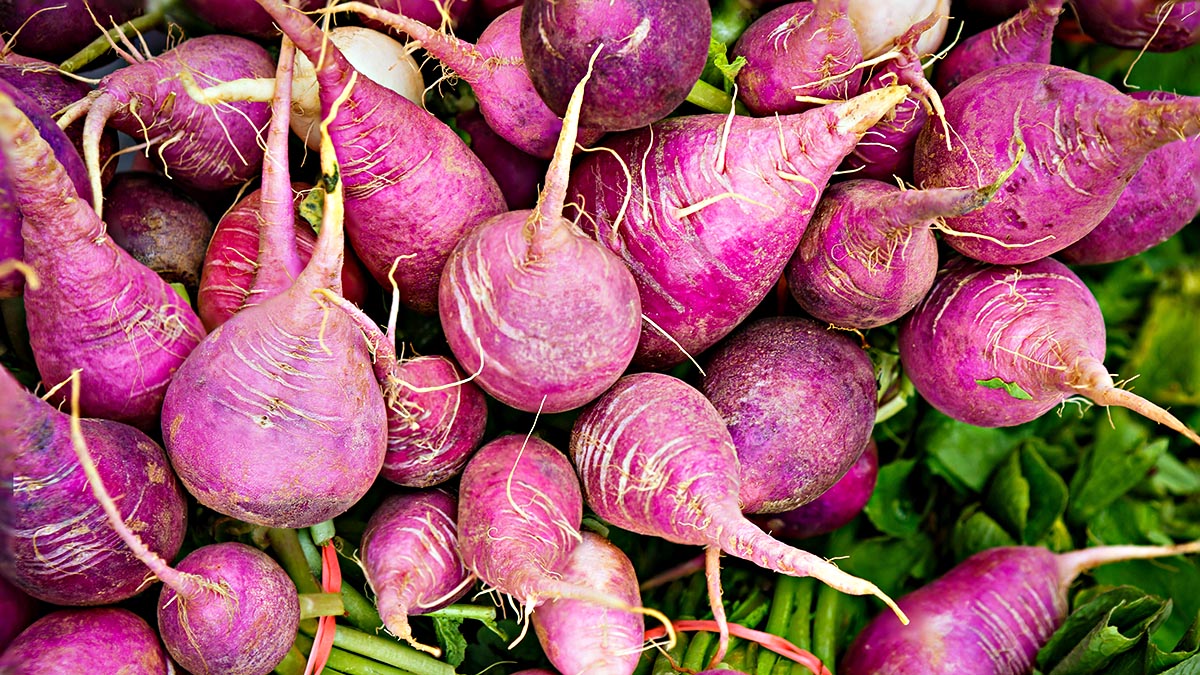
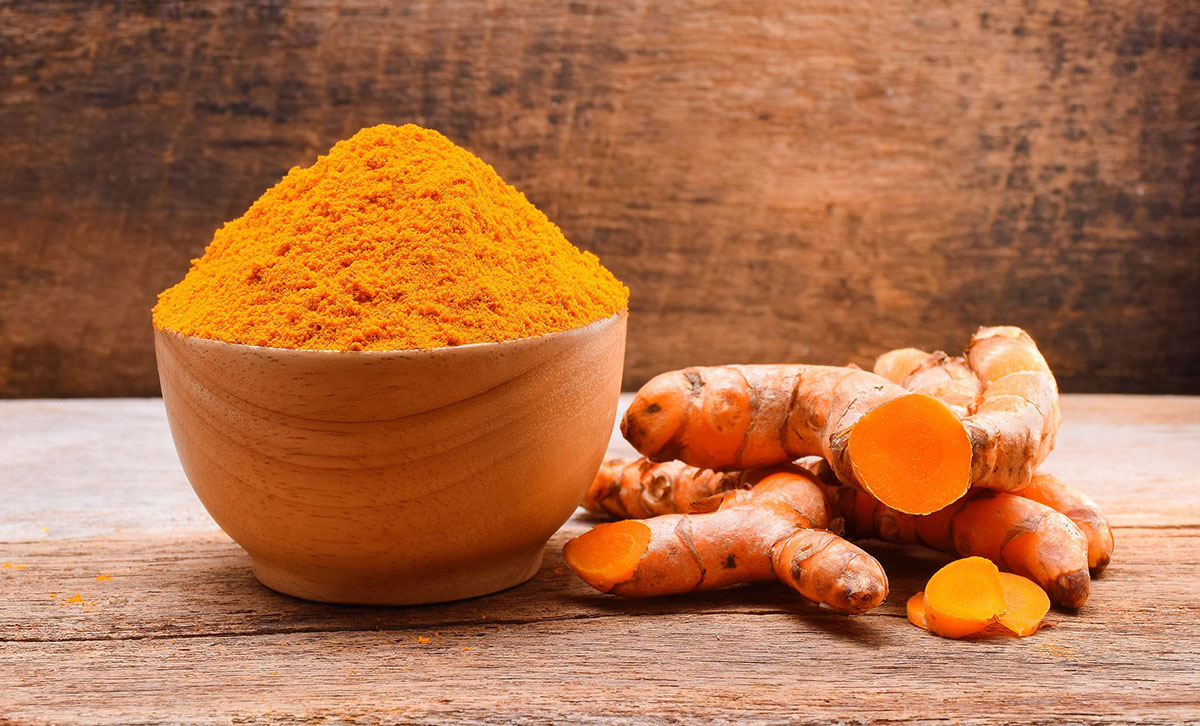
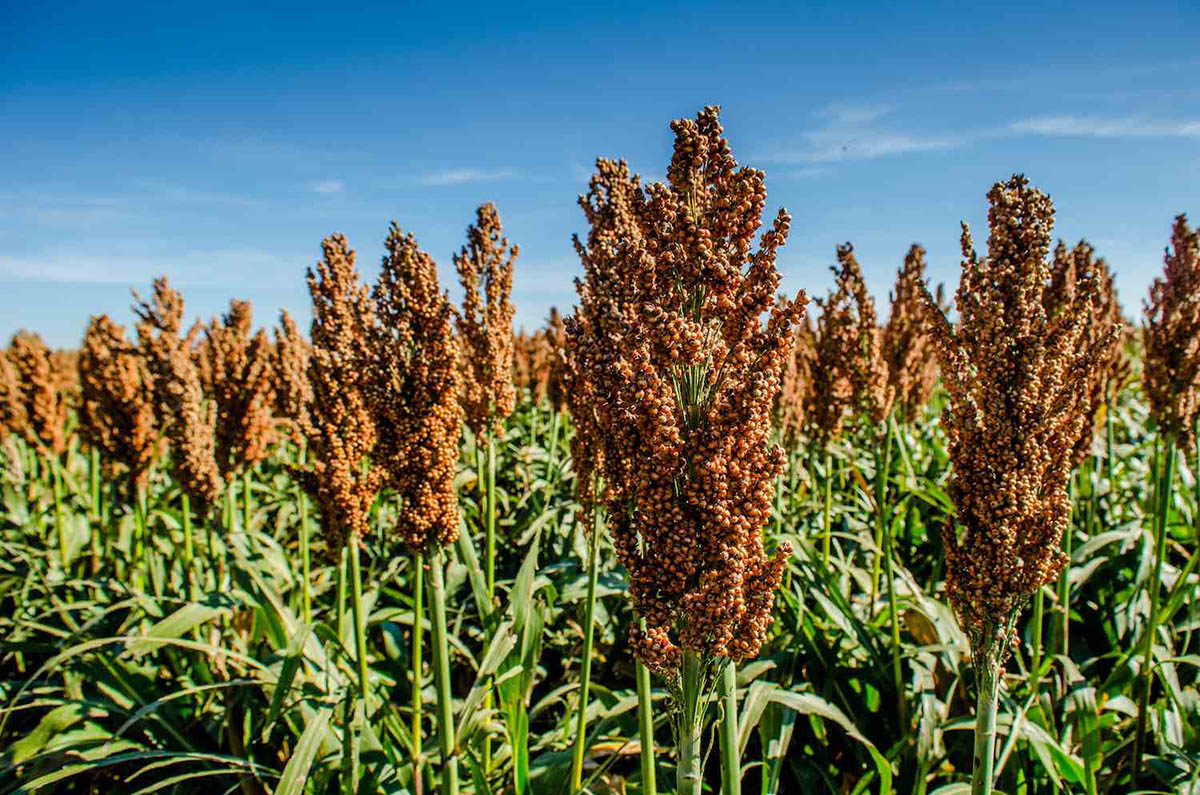
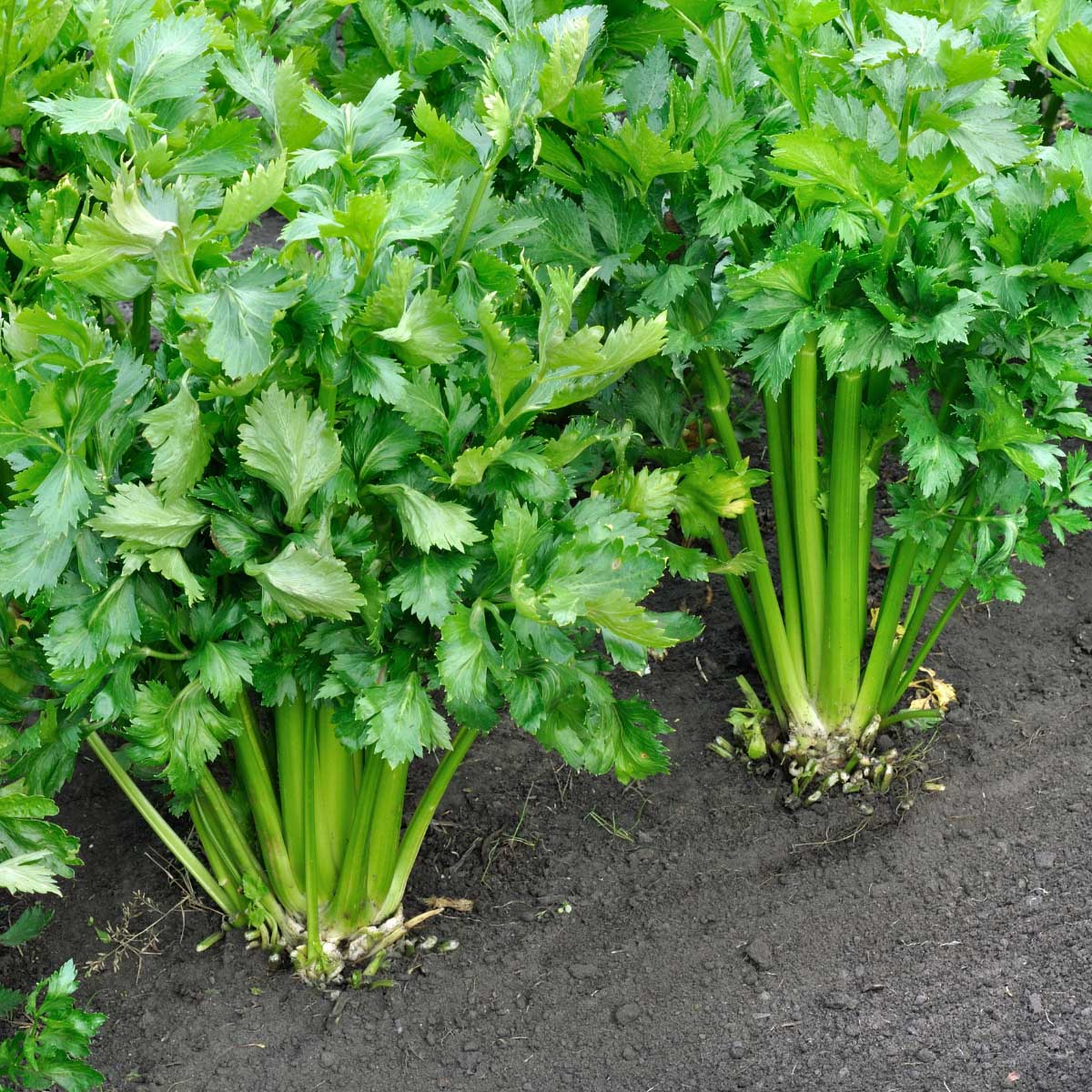
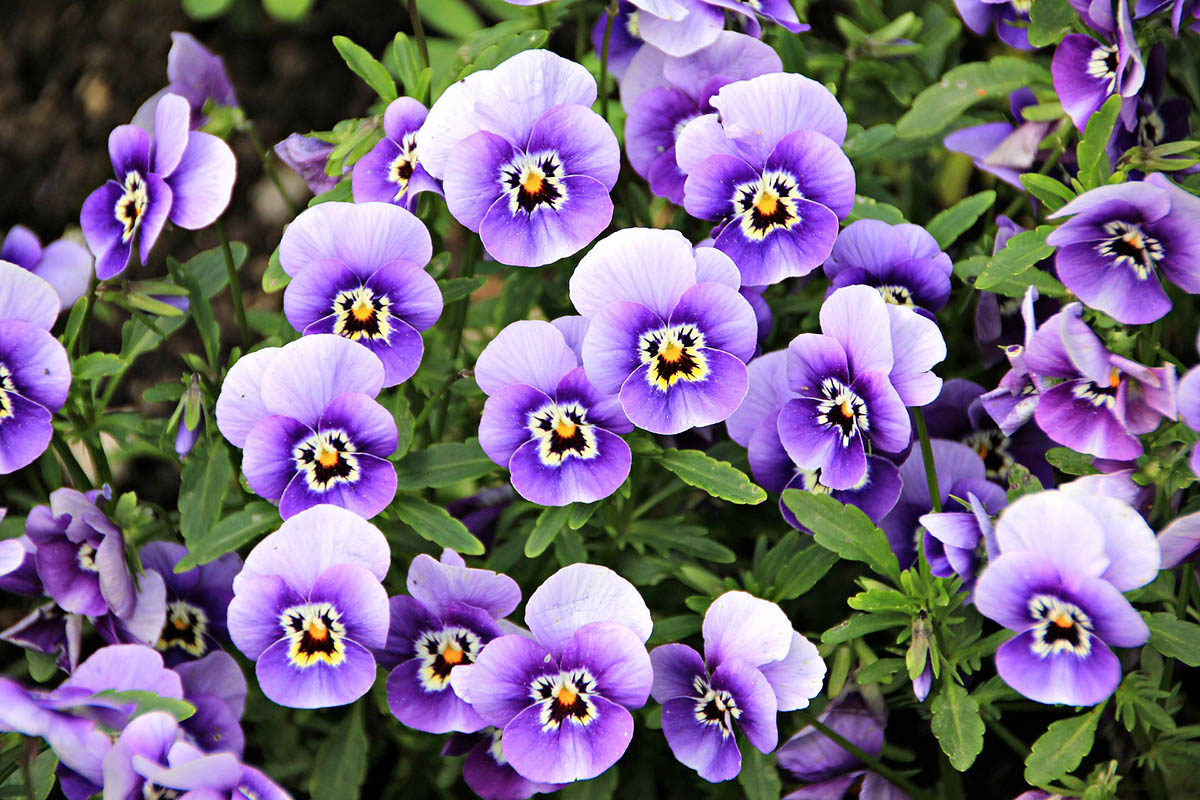
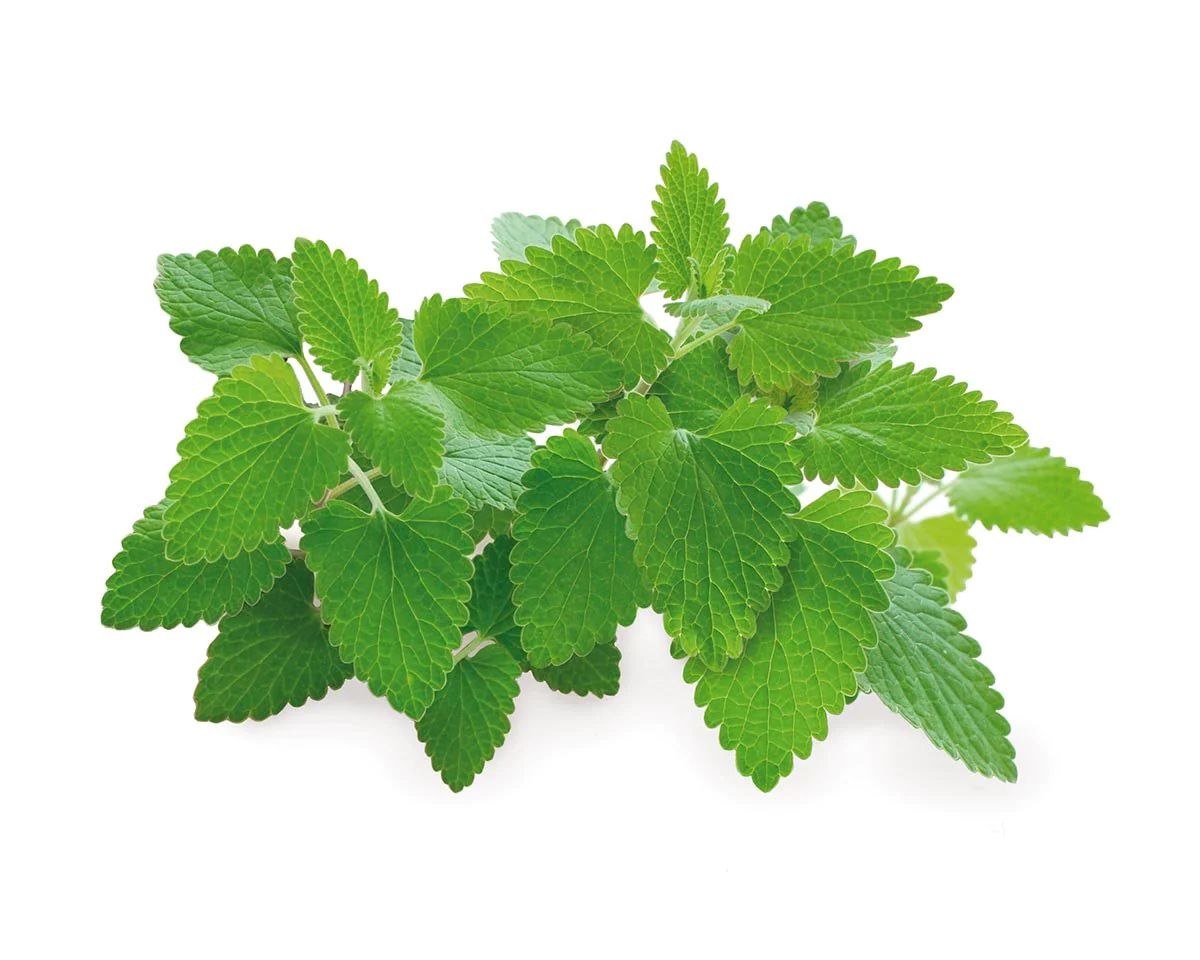
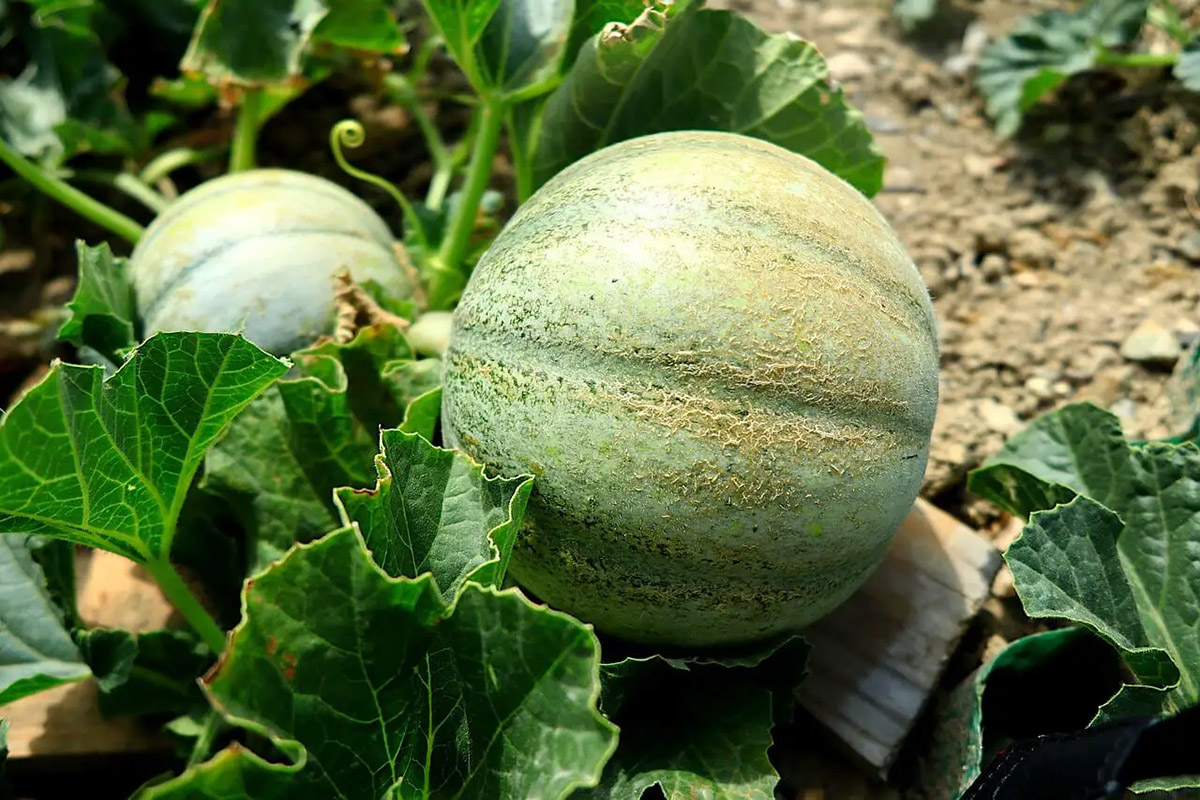
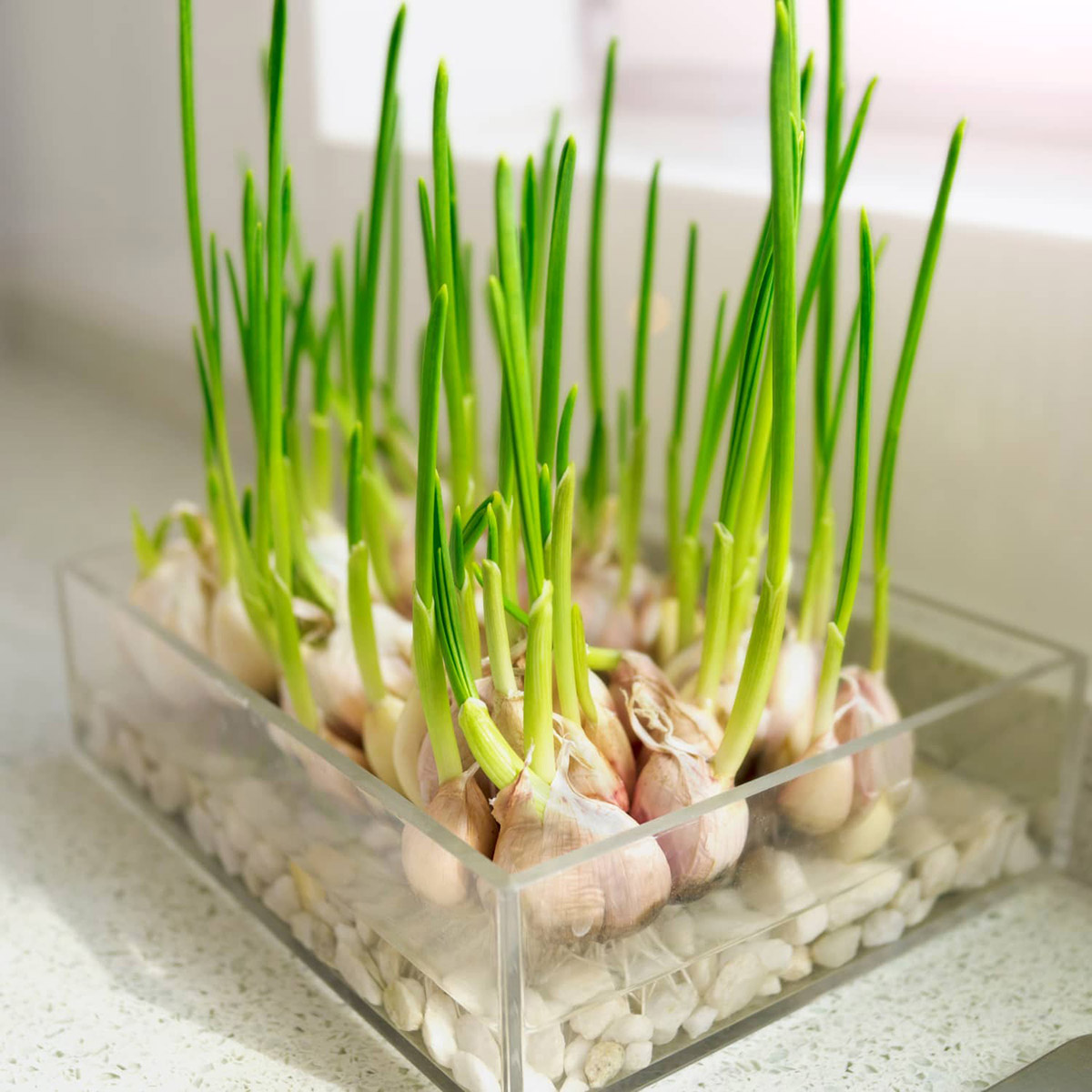
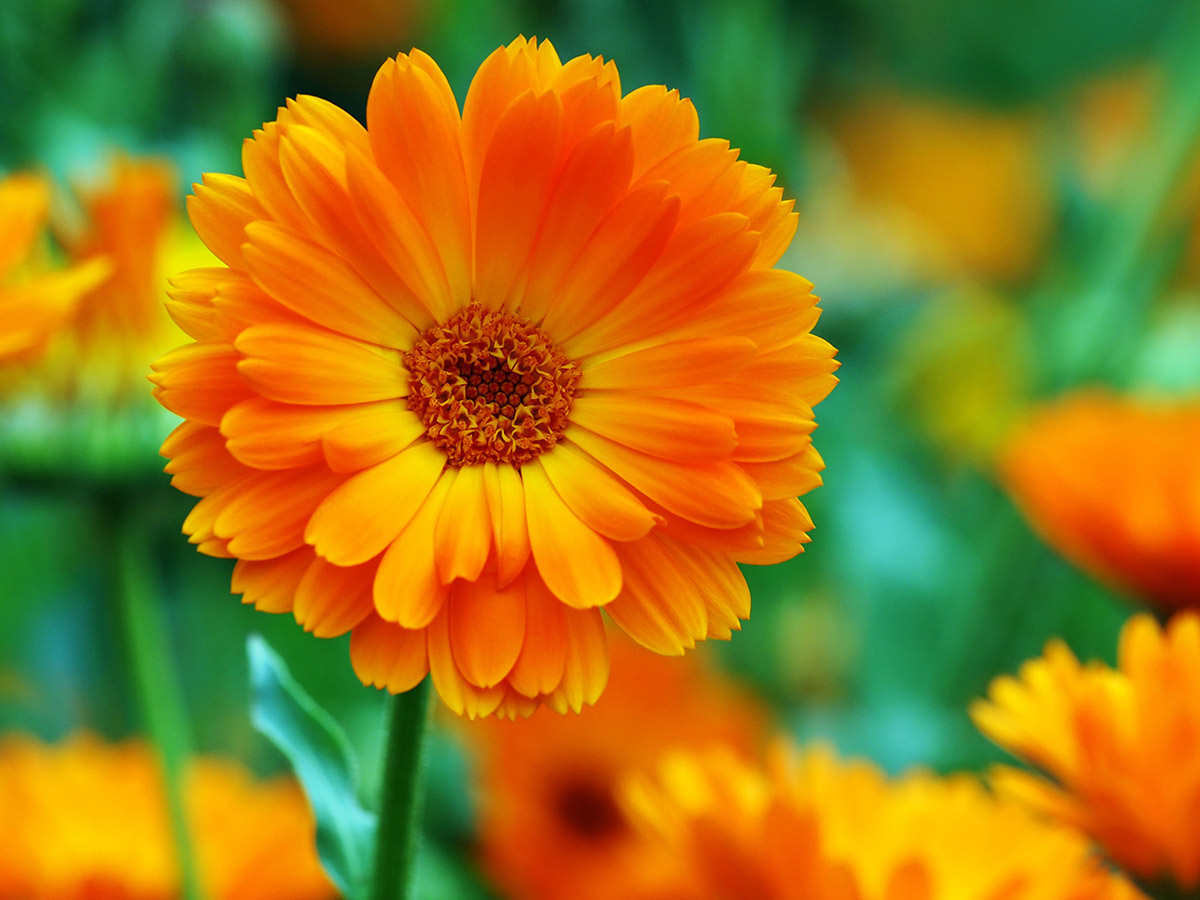
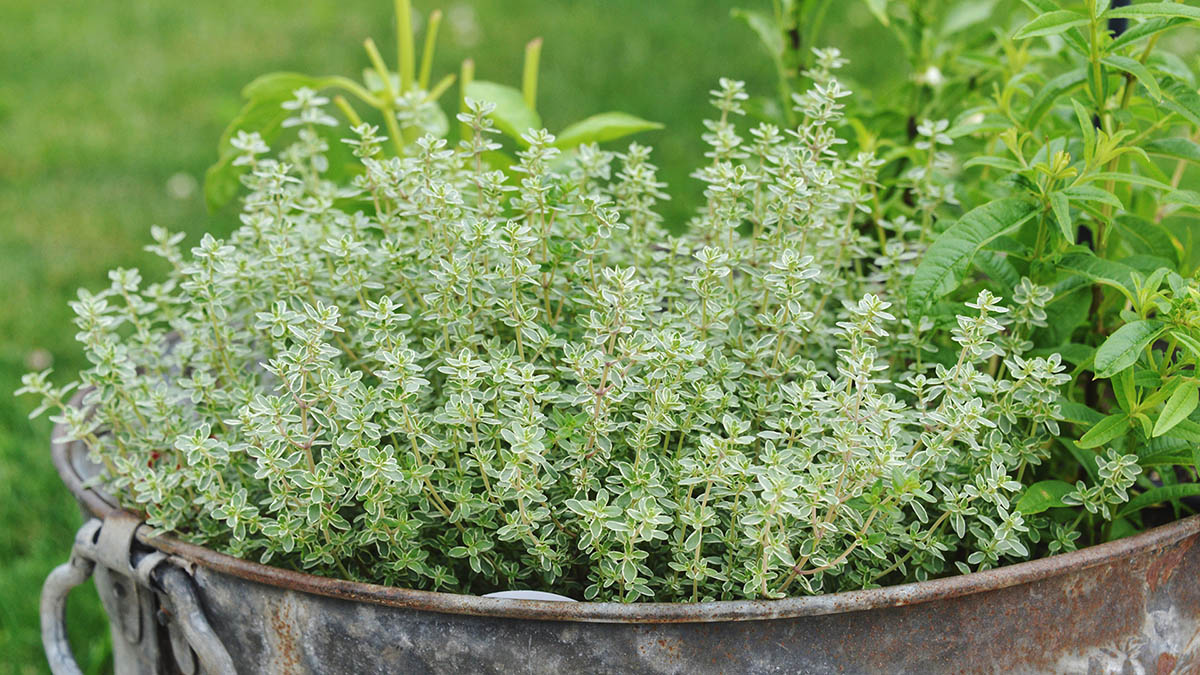
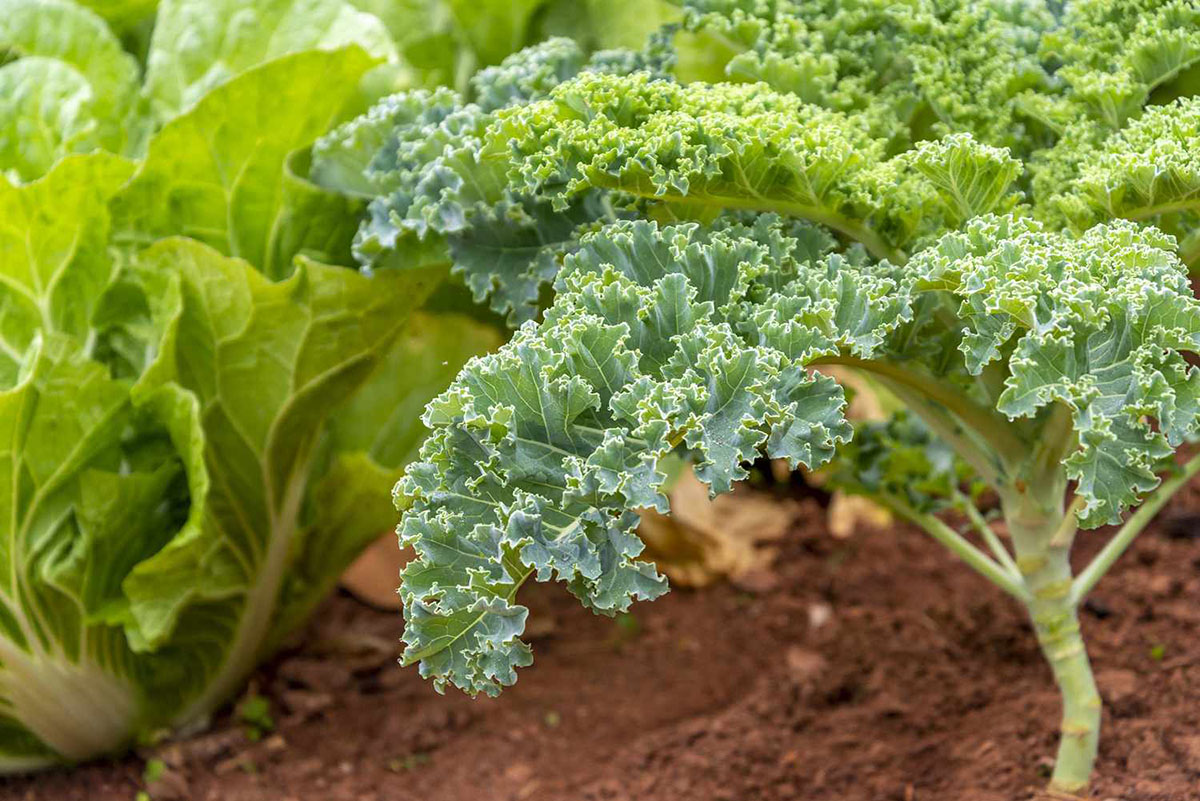
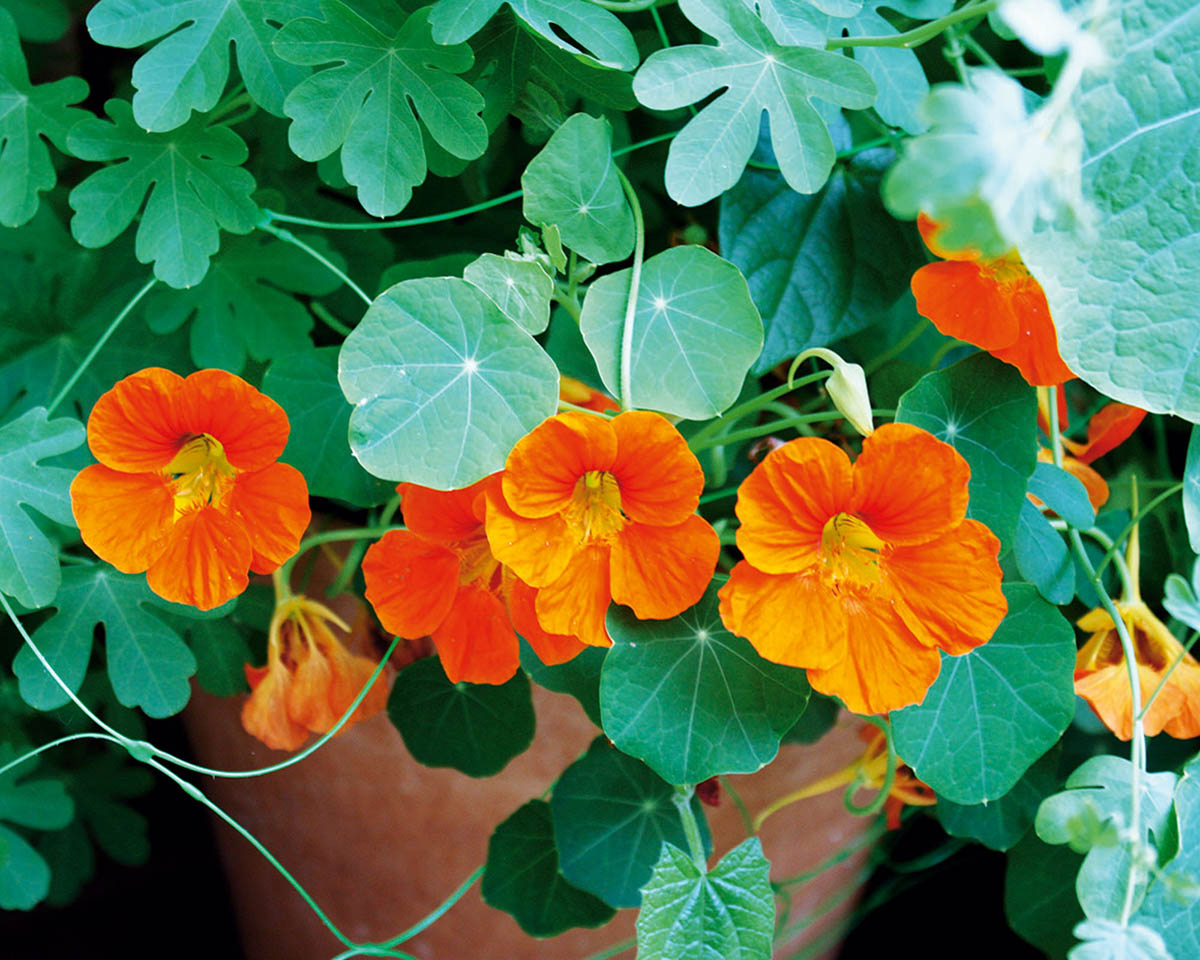
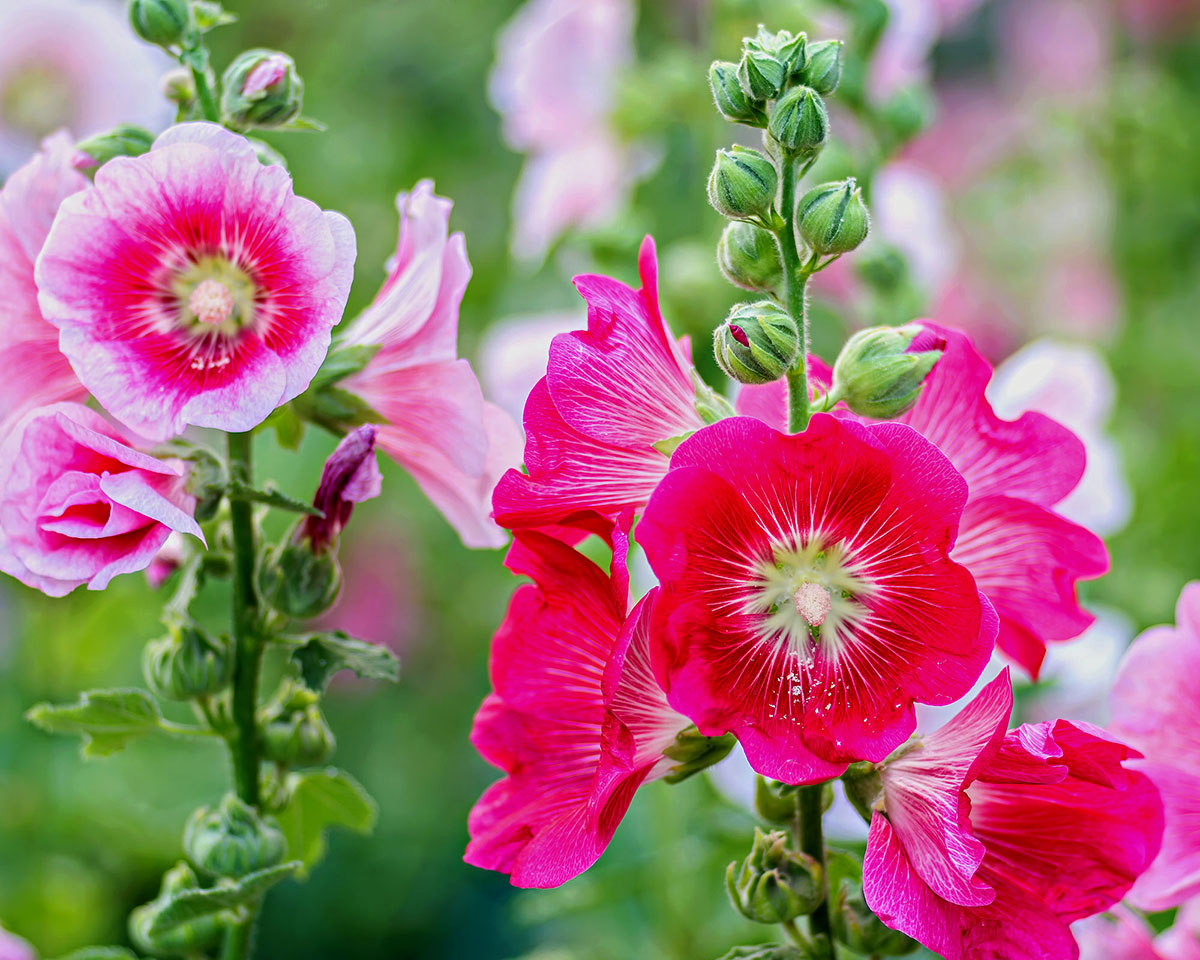
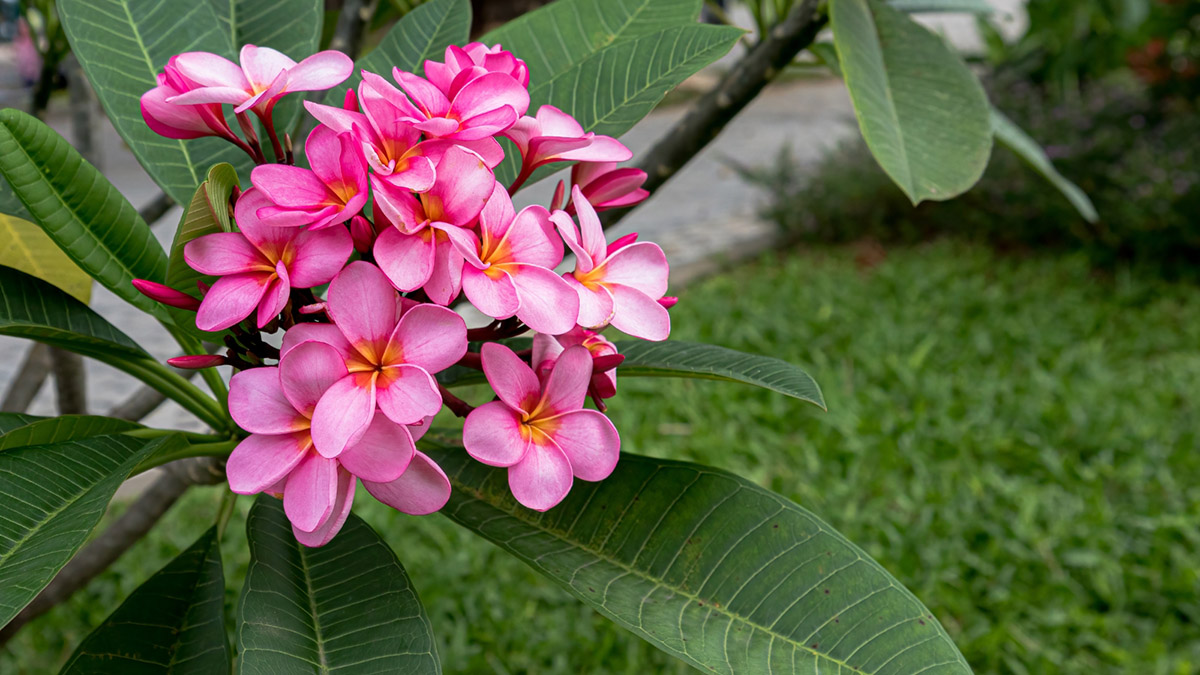

0 thoughts on “How Long Does It Take For Alfalfa To Germinate”